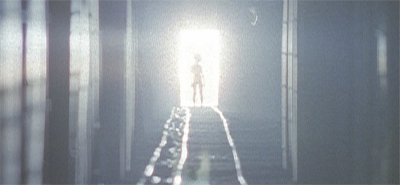This film was seen as part of the Virgin Media Dublin International Film Festival 2019. Given the high volumes of films being shown and the number of reviews to be written, these may end up being a bit shorter than usual reviews.
The Aftermath starts with a fascinating premise.
Unfolding in the immediate wake of the Second World War, The Aftermath finds Rachael Morgan joining her husband Lewis Morgan in Hamberg for the British Occupation of the city. Tensions are running high. Most of the city lies in ruins, bodies still being pulled from the rubble. Both sides are nursing old wounds that threaten to fester. Rachel finds herself confronting these wounds even more acutely than she expected. When the Morgans move into a stately home on the outskirts of the city, Lewis suggests that the German family might remain there rather than being relocated to “the camps.” As a result, the two sides find themselves living under the same roof; British and German, occupied and occupier, winner and loser.

This is an intensely charged set-up, and one with a lot of potential. It is one thing to fight a war, it is another to end it. Reconciliation is always a challenge, particularly when dealing with a catastrophe on the scale of the Second World War. Given the trauma that both sides inflicted upon one another and the scars that still sting, forcing a British and German family to live in close proximity while those wounds are still fresh should lead to incredible drama. What is it like to surrender one’s home to an occupying force, but to linger there as a guest – or maybe a ghost? What is like to be surrounded by a people who were once bent on conquest and domination, but now find themselves at the mercy of the nations they tried to subjugate?
The Aftermath doesn’t really answer these questions. Indeed, it often struggles to articulate them. Instead, it offers a clichéd romantic triangle melodrama against this backdrop, offering a decidedly trashy narrative within the trappings of prestige. The Aftermath has an engaging central performance from Keira Knightley, but it suffers from a lack of chemistry between its three leads and a truly terrible management of tone. The Aftermath aspires to be a story of a simmering cold war, but is completely lacking any spark.

Continue reading →
Filed under: Non-Review Reviews | Tagged: Alexander Skarsgård, film, germany, hamburg, holocaust, Jason Clarke, jonathan kent, Keira Knightley, Movie, non-review review, occupation, review, second world war, the aftermath, war, world war ii | Leave a comment »



































